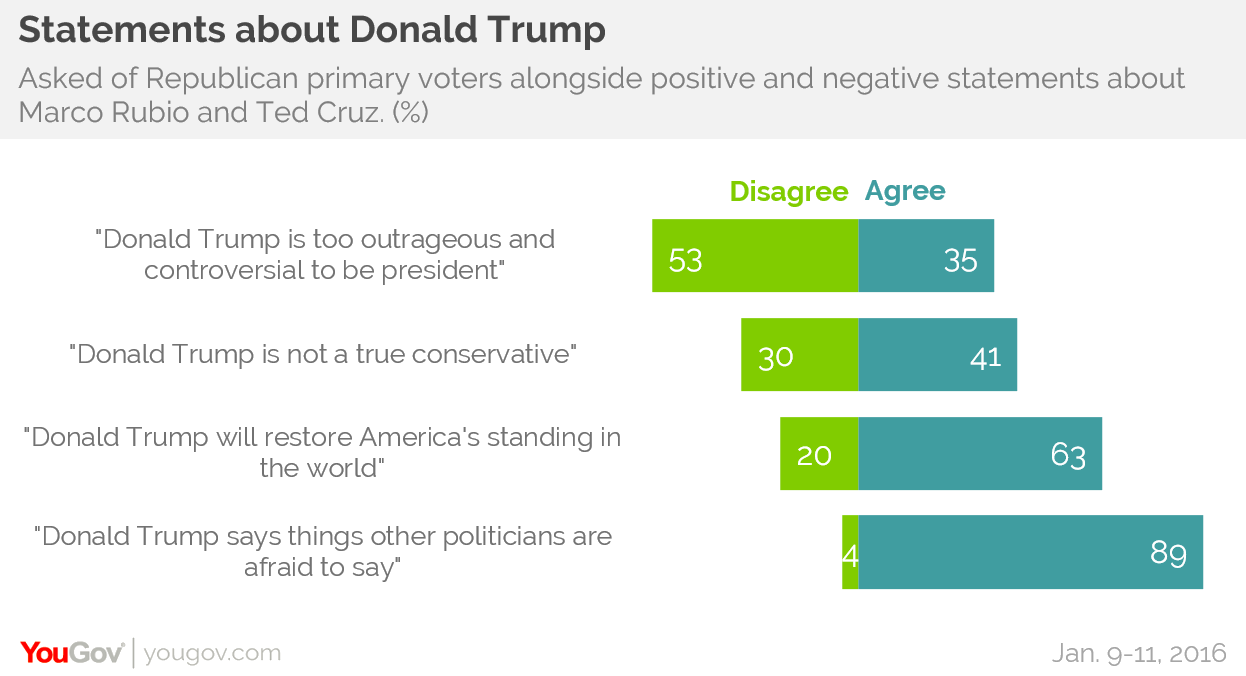www.washingtonpost.com
VIENNA — Iran released Washington Post correspondent Jason Rezaian and three other detained Iranian Americans on Saturday in exchange for seven people imprisoned or charged in the United States, U.S. and Iranian officials said, a swap linked to the imminent implementation of a landmark nuclear deal between Tehran and six world powers.
Iranian officials said Rezaian, 39, was freed from Tehran’s notorious Evin Prison after 18 months of captivity and was to be promptly flown out of the country with the three other released detainees..
U.S. officials subsquently confirmed the deal but were awaiting confirmation that a Swiss plane carrying the four has left Tehran.
Iran’s judiciary
announced the release in Tehran as part of an exchange, according to Iranian news media.

A Dec. 27, 2011 file photo of a video frame grab image made from the Iranian broadcaster IRIB TV, shows U.S. citizen Amir Mirzaei Hekmati, accused by Iran of spying for the CIA, in Tehran's revolutionary court, in Iran. (AP)
In return, the United States was scheduled to release seven people charged with violating sanctions against Iran, the Iranians said.
The Associated Press quoted a U.S. official as confirming that seven Iranians were being freed as part of the deal. The news agency said Iran is also releasing a fifth American, a student detained in Tehran some months ago, separately from the exchange.
A senior administration official, speaking in Vienna, confirmed the exchange but said that “our citizens have not yet been flown out of Iran, and we do not want to do anything that would complicate it.”
The official said that the “Iranians wanted a goodwill gesture” as part of the release, and that led to the exchange. The list the Iranians submitted to U.S. authorities was “whittled down” to exclude any crimes related to violence or terrorism,” said the official, one of several who spoke on condition of anonymity under administration ground rules..
Another official said that the exchange was a “one-time arrangement because it was an opportunity to bring Americans home,” and should not be considered something that would “encourage this behavior in the future” by Iran.
The officials did not tie the release directly to the nuclear talks and said they had not wanted the detained Americans to be “used as leverage” in the negotiations. But, they said, completion of the nuclear deal last July greatly accelerated talks about the prisoners.

Naghmeh Abedini, holds a necklace with a photograph of her husband, Saeed Abedini, on Capitol Hill in Washington, Tuesday, June 2, 2015, during a House Foreign Affairs Committee hearing with four people whose family members are being held in Iran. (Jacquelyn Martin/AP)
Rep. Jared Huffman (R-Calif.), who represents the district where the Rezaian family lives, said he was told by the White House that the Americans would be aboard a Swiss Air plane that would take them briefly to Switzerland and that they would not return home until they have “medical checkups,” most likely at a U.S. military medical facility in Germany.
“We’re all very excited that hopefully within a matter of days we’ll be able to welcome them back to the United States,” Huffman said.
In a statement in Tehran, Prosecutor Abbas Jaafari said that “based on an approval of the Supreme National Security Council and the general interests of the Islamic Republic, four Iranian prisoners with dual nationality were freed today within the framework of a prisoner swap deal,” the semiofficial Fars News Agency reported.
The state-run Islamic Republic News Agency, quoting Jaafari, said the agreement also includes a provision under which the United States will no longer pursue the extradition of 14 Iranians alleged to have been involved in trafficking arms to Iran.
News of the reported exchange came as world leaders converged Saturday in Vienna in anticipation of the end of international sanctions against Iran in return for significantly curtailing its nuclear program.
The nuclear agreement will take effect when the International Atomic Energy Agency certifies that Iran has met its commitments under the deal it signed last July with six global powers, including the United States.
Secretary of State John F. Kerry flew from London to Vienna in the early afternoon local time. He went immediately into a meeting with Iranian Foreign Minister Mohammad Javad Zarif at the Coburg Palace Hotel, the scene of months-long final negotiations last summer that led to the deal between Iran and the world powers.
Those reportedly being freed Saturday included
Saeed Abedini, 35, of Boise, Idaho;
Amir Hekmati, 32, of Flint, Mich.; and Nosratollah Khosavi-Roodsari, Iranian officials said. Fars News Agency named the fourth person as Nosratollah Khosrawi.
Abedini is a Christian pastor who had been imprisoned since July 2012 for organizing home churches. Hekmati is a former Marine who spent more than four years in prison on spying charges following his arrest in August 2011 during a visit to see his grandmother. The detention of Khosavi-Roodsari had not been previously publicized.
Not included in the deal was
Siamak Namazi, a Dubai-based oil company executive who had promoted closer U.S.-Iranian ties, Iranian officials said. He was arrested in October while visiting a friend in Tehran. In addition, the fate of former FBI agent
Robert Levinson, who disappeared in March 2007 during a visit to Iran’s Kish Island, remains unknown.
Namazi remains incarcerated because “his charges are financial, and not political,” Fars said.
Asked about Namazi and Levinson, U.S. officials in Vienna said that talks were continuing on their fate.
The news agency named seven Iranians it said were being exchanged by the United States in the deal: Nader Modanlou, Bahram Mechanic, Khosrow Afqahi, Arash Ghahreman, Touraj Faridi, Golestaneh and Ali Sabounchi.
Joel Androphy, a lawyer for three of the Iranians to be freed by U.S. authorities, said the Iranian Embassy told him that his three clients, who have been charged with sanctions violations but have not yet gone to trial, have been issued a pardon by President Obama. The administration had no immediate comment.
Kris Coratti, vice president of communications and spokeswoman for The Post, said that “while we are hopeful, we have not received any official word of Jason’s release.”
The journalist’s ordeal damaged his health, drew protests from media and human rights groups and hampered efforts to improve relations between Washington and Tehran. It also exposed fault lines and infighting in Iran’s opaque political system, where Rezaian and other detained Americans appeared to become pawns in a larger internal struggle between hard-liners and reformists seeking to improve ties with the West.
Kerry frequently raised the plight of Rezaian and other imprisoned U.S. citizens during last year’s nuclear negotiations, but their release was not part of the
resulting agreement between Iran and the six world powers: the United States, Russia, China, Britain, France and Germany.
Rezaian was tried last year behind closed doors on vague charges of espionage and other alleged offenses and was sentenced to an unspecified prison term.
The Americans’ release came as the International Atomic Energy Agency prepared to certify Iran’s compliance with the nuclear deal, triggering steps to lift U.N. sanctions against the country and return an estimated $50 billion in frozen Iranian funds. (Tens of billions more in frozen funds are to be used to pay Iranian debts.)
Iranian President Hassan Rouhani has hailed the nuclear accord’s “Implementation Day” and its promise of sanctions relief as heralding a “year of economic prosperity” for Iran and fulfillment of his campaign promises when he was elected in 2013.
Rezaian’s 2014 arrest and his subsequent trial and conviction in Iran’s secretive Revolutionary Court system — on charges that were never publicly disclosed or substantiated — appeared to reflect a power play by hard-liners fiercely loyal to Iran’s supreme leader, Ayatollah Ali Khamenei, against more moderate reformist elements under Rouhani. The hard-liners control Iran’s security forces, intelligence apparatus, judiciary and most other levers of power, while Rouhani — though answerable to Khamenei — has been given relatively free rein to manage Iran’s foreign affairs and improve its economy.
Although major differences between Tehran and Washington persist, tensions eased somewhat after the nuclear deal was reached in July. It imposed restrictions on Iran’s nuclear program, aimed at forestalling any attempt to build nuclear weapons, in return for the lifting of international economic sanctions on Iran and the release of frozen Iranian funds from banks worldwide, mostly in Asia.
Iran in recent weeks took significant steps to meet its obligations under the deal in anticipation of securing sanctions relief and regaining access to its impounded cash. Such tangible benefits from the nuclear accord, which was opposed by hard-liners, could help moderates in Iran’s legislative elections at the end of February.
Increased U.S.-Iranian cooperation appeared to be on display Wednesday when
Iran released 10 U.S. sailors within a day after they were seized by Iranian Revolutionary Guard naval forces in the Persian Gulf. The Americans were on two small riverine boats that strayed into Iranian waters.
Against this backdrop, the signs of rapprochement raised hopes for a resolution in Rezaian’s case.
For the first time, the Revolutionary Court allowed his mother, Mary Rezaian, and his Iranian wife, Yeganeh Salehi, to
visit him in Evin Prison for an extended period on Christmas Day. In an email to The Washington Post, Mary Rezaian said the meeting lasted “several hours” and that she was able to bring her son “his first home-cooked meal in months.”
Dec. 3 marked the Post correspondent’s 500th day in captivity — longer than 52 Americans were held during the 1979-81 Iran hostage crisis and by far the lengthiest detention of a Western journalist by Tehran.
Ahead of that milestone, The Post
filed a supplementary petition with the U.N. Working Group on Arbitrary Detention, amplifying a filing in July that accused Iran of flagrant human rights violations during Rezaian’s “unlawful” detention and called for his immediate release.
The additional petition cited the journalist’s “decl
 A Dec. 27, 2011 file photo of a video frame grab image made from the Iranian broadcaster IRIB TV, shows U.S. citizen Amir Mirzaei Hekmati, accused by Iran of spying for the CIA, in Tehran's revolutionary court, in Iran. (AP)
A Dec. 27, 2011 file photo of a video frame grab image made from the Iranian broadcaster IRIB TV, shows U.S. citizen Amir Mirzaei Hekmati, accused by Iran of spying for the CIA, in Tehran's revolutionary court, in Iran. (AP) Naghmeh Abedini, holds a necklace with a photograph of her husband, Saeed Abedini, on Capitol Hill in Washington, Tuesday, June 2, 2015, during a House Foreign Affairs Committee hearing with four people whose family members are being held in Iran. (Jacquelyn Martin/AP)
Naghmeh Abedini, holds a necklace with a photograph of her husband, Saeed Abedini, on Capitol Hill in Washington, Tuesday, June 2, 2015, during a House Foreign Affairs Committee hearing with four people whose family members are being held in Iran. (Jacquelyn Martin/AP)



